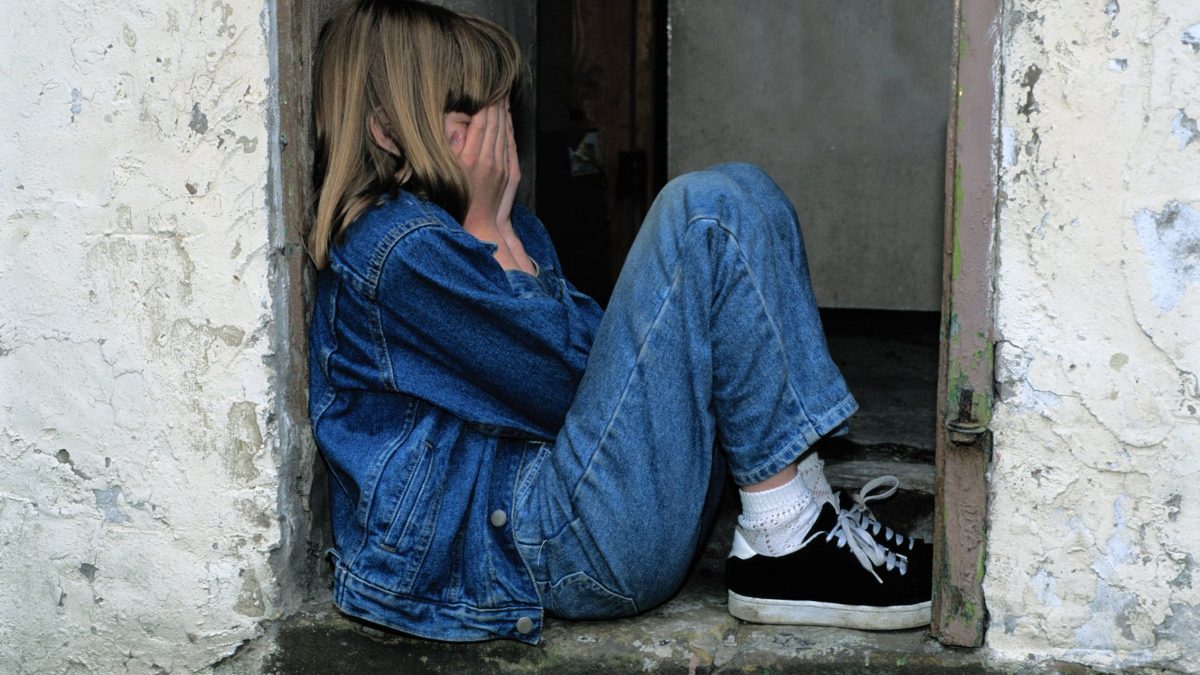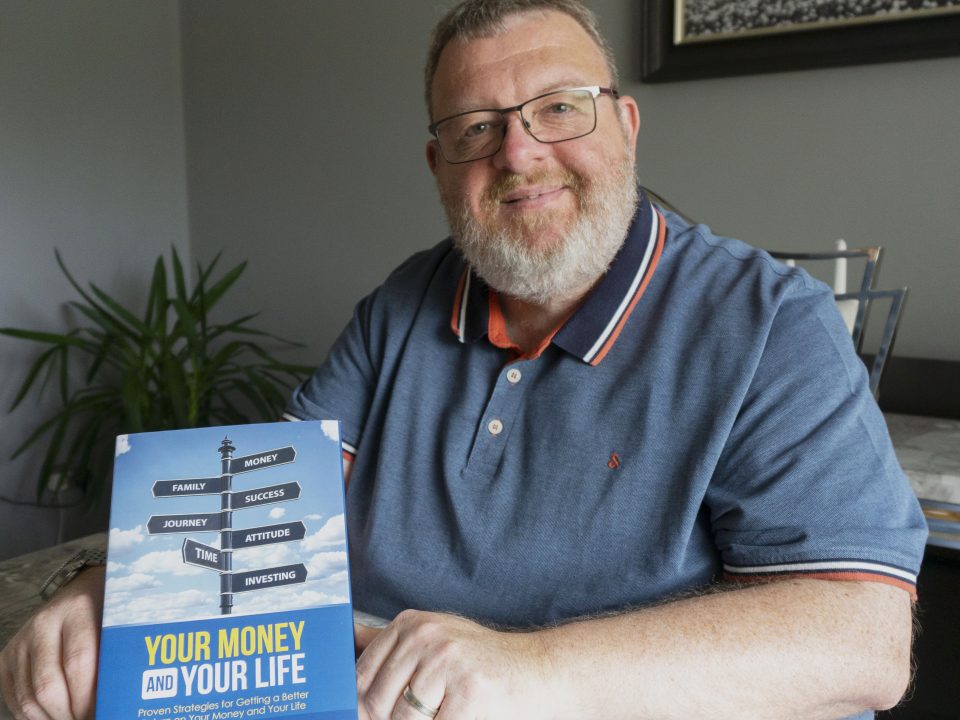Knife crime: Social ventures can help repair the damage austerity has left behind

Children at Sherford school celebrate World Book Day donation from Taylor Wimpey
1st April 2019
Plymouth Young Carers treated to Ocean-themed fun at National Marine Aquarium
16th April 2019Written by Benjamin Stein
Whitleigh is a small district in Plymouth that I walk through most nights after work. Last month, it was the location of a teenage stabbing.
Throughout the next week, I felt reluctant to take my eyes off approaching strangers. I would frequently use the entire pavement to keep a manageable distance between myself and young passers-by. Surprisingly, others treated me with similar caution. This apprehension didn’t last long, but I kept thinking about it. Knife crime made the people of Whitleigh cognisant of their vulnerabilities, for others that tension won’t pass so soon.
The ferocity of youth violence worries us all. Earlier this month, the deaths of three 17-year olds in a single week propelled this issue into public consciousness, elucidating the unprecedented numbers carrying knives. Since 1st January 2019, 10 teenagers have been killed by a knife in Britain. In London, it is reported that those aged 15 to 24 are six times as likely to be “fatally stabbed or killed than other Londoners”.
Is austerity partly responsible?
It’s not surprising to see the social fabric unravel after nine years of austerity. When public services disintegrate people are more likely to resent their surroundings. When this occurs, you can usually expect crime to rise.
The dismantling of youth service funding must be considered relevant to the spiralling youth homicides we see today. According to YMCA England and Wales, public spending in youth services experienced a £750 million reduction in annual spending between 2010-2011 and 2016-2017. That’s a 65% reduction in real terms. Young people need access to services and mentors that create positive visions for the future and divert them from problematic environments. Austerity has undermined youth services’ ability to do this.
UK’s youngsters have endured cuts to mental-health services and homelessness services and they are exposed to results-based league tables that incentivise schools to exclude the most vulnerable. Government research suggests that vulnerable children are twice as likely to carry a knife.
Our mechanisms to support vulnerable children are failing. Society must provide youngsters with good reasons to avoid crime, right now this isn’t happening.
I can vividly remember the hatred I felt as a teen. I resented the adults around me, so it was natural to associate with others who felt the same. These years didn’t lead to crime, but even my closest friends will tell you that I wasn’t easy company.
My entire outlook changed when I felt valued in a caring community. At Plymouth Cricket Club, I was surrounded by positive role models and before long, my anger subsided. It is imperative that today’s kids get the same chance.
Can social enterprises help?
Any effective strategies will require a multi-disciplinary approach. And social enterprises are crucial. But why?
Firstly, social businesses are often run by people who have personal experience of the problem. This can result in inspiring people turning limited resources into innovative solutions. ‘Inspire Youth’ was founded by Joel following his friend being stabbed to death. The enterprise challenges criminal perspectives through inspirational Instagram videos that utilise positive role models.
Rapper Bhishma Asave runs the social venture, ‘Rap Therapy’. This project targets children at risk of exclusion and employs rapping workshops to strengthen their mental health. It’s thought that encouraging positive expression amongst young people can reduce their susceptibility of engaging in violence.
Secondly, social enterprises are often local community actors as opposed to external agents like government agencies. This can encourage a more holistic, empathetic approach. Temi Mwale’s 4Front project runs daily workshops that provide education, one-to-one mentoring and a boxing club to troubled/excluded children. Furthermore, according to Barnardo’s CEO Javed Khan, community actors are often more knowledgeable, and held in higher regard locally than anybody else.
Thirdly, as the capabilities of government and charities falter, greater onus falls upon social enterprises. Despite recently announcing an extra £100 million to tackle knife crime, government focus remains on policing above community-building. Regardless, Brexit continues to paralyse the government to such an extent that it cannot be relied upon for creative solutions.
And following recent controversies around charities like Oxfam and Age UK, public trust in charities is down to just 55 percent in 2018. You can expect this to limit donations and undermine their capabilities on the ground.
Lastly, social enterprises are proven job creators for vulnerable groups. The old expression “nothing stops a bullet like a job” will work just as well with knives, and social enterprises can prove it. The much-heralded Scottish Violence Reduction Unit was built on one simple question: “Can we improve the health and safety of our community through jobs and education rather than through suppression and incarceration?”
The Forward Trust (formerly ‘BlueSky’) is built on this same question. It provides flexible employment opportunities to ex-offenders, directing their entrepreneurial skills toward social benefit. The project boasts of reoffending rates as low as 15%; the national rate fluctuates between 29% and 32%. That is life-changing impact.
Moving forward
Unrelenting cuts to public spending are beginning to threaten societal functionality. Our healthcare is failing the elderly, our benefit-system is failing disabled people and our housing-system is failing the poor. We must not fail our children too.
The Forward Trust project among others have taught us that business solutions can help fill the void faltering public services are leaving behind. That said, we are going to need more social enterprises engaging with our youngsters and greater collaboration between the ones that do. Britain’s deprived communities need help and smart interventions will change (and possibly save) lives.
Whether your enterprise creates local sports opportunities, education for excluded children or jobs for the vulnerable; we must provide youngsters with a positive vision for the future.
There are so many of us who are desperate to make a real impact on the world. Here lies a great opportunity to do just that.
Benjamin Stein has an MA in Human Rights and Development and a BA in Politics from Swansea University. He writes on politics, charity and structural injustice. Ben’s LinkedIn profile.




